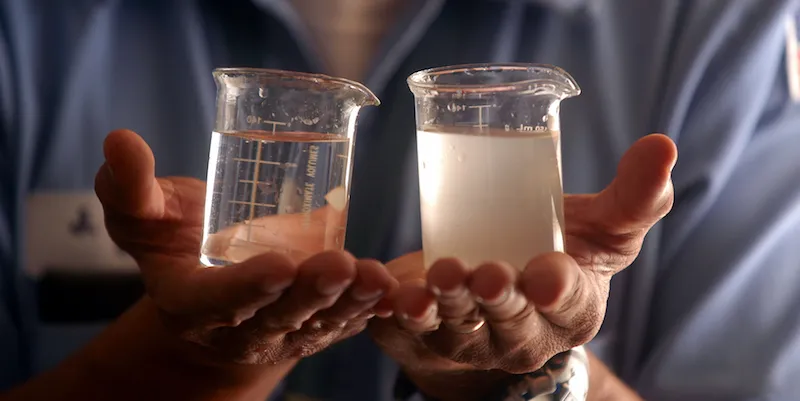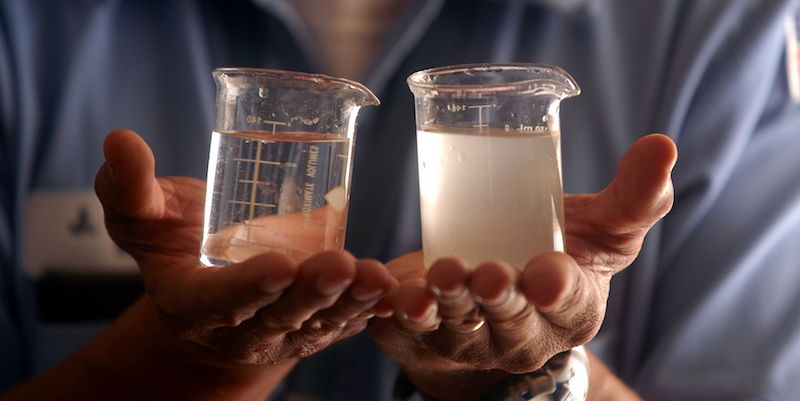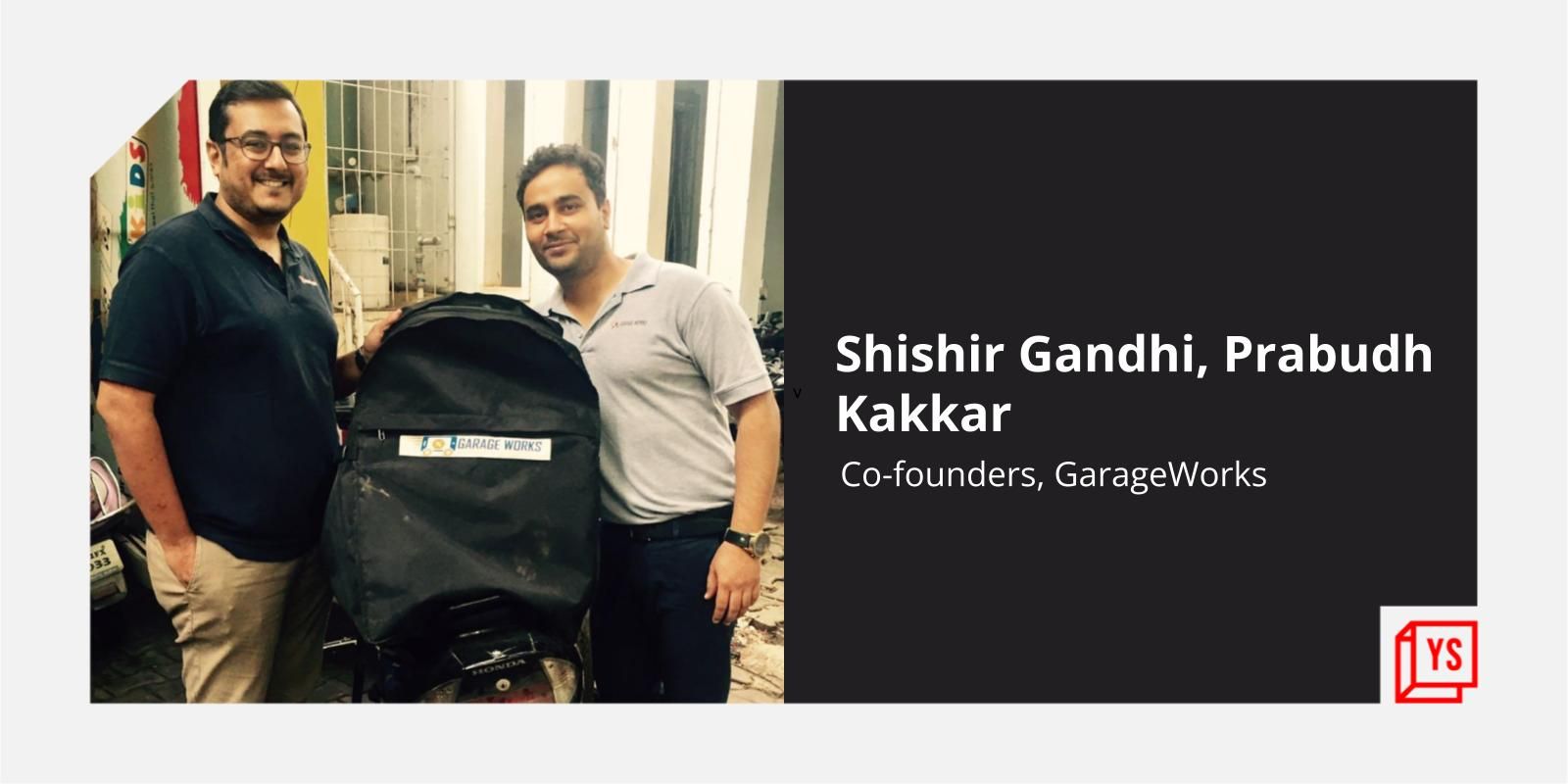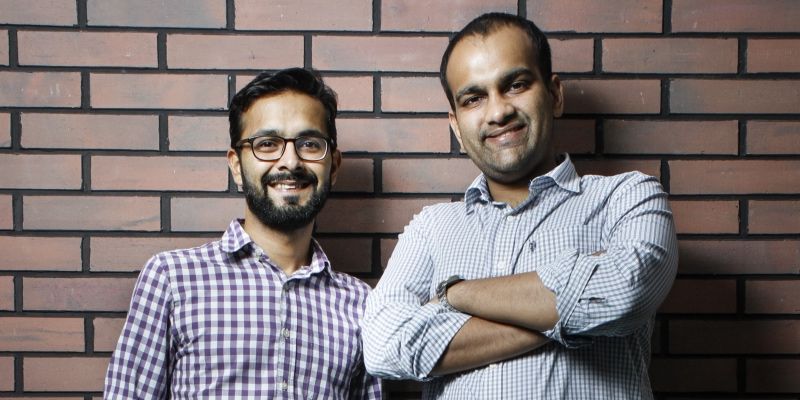Indian scientists make sea water drinkable, develop methods to produce 6.3 million litres a day
In a corner of India, scientist have devised a way to make seawater potable – 6.3 million litres of it every day. They have also developed certain filtration methods that ensure groundwater containing arsenic and uranium are safe to drink. This heralds, relief for 13 states in India which are currently reeling under drought.

In a report by NDTV, the pilot plant at Tamil Nadu’s Kalpakkam, built by scientists of Bhabha Atomic Research Centre use waste steam from a nuclear reactor to purify the seawater. Its capacity is 6.3 million litre every day. Currently, the fresh water is being used at the Kudankulam nuclear reactor. But reporter who tasted the purified water said it tasted like fresh water and not saline water at all.
Several such plants have been installed in Punjab, as well as West Bengal, Rajasthan, said KN Vyas, Director, Bhabha Atomic Research Center, Mumbai. “Besides, BARC has developed several membranes, by which, at a very small cost, groundwater contaminated by uranium or arsenic can be purified and make fit for drinking,” Dr Vyas added.
On a recent visit to BARC, Prime Minister Narendra Modi had pedalled a bicycle that had a water purifier installed on it. It turns dirty contaminated water into potable water. Turning the pedals produces the energy the purifier needs. The nuclear scientists have also made several household water purifiers that are being marketed all over drought-hit Marathwada. Some these use thin membranes and special filters to separate the contaminants.
To stay updated with more positive news, please connect with us on Facebook and Twitter.











